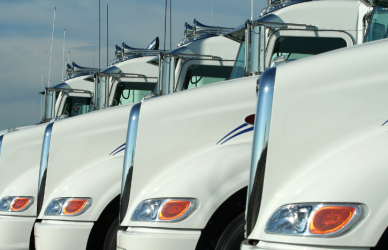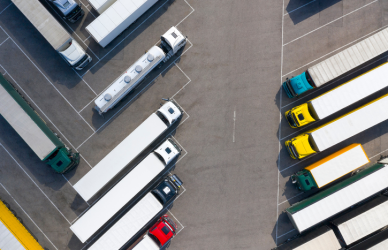Proposed legislation in both chambers of the Indiana state legislature aims to effectively prohibit the utilization of driverless autonomous trucks within the state. These parallel bills mandate the mandatory presence of a human operator in any autonomous commercial motor vehicle.
Authored by Indiana state Sen. Jim Tomes, a proponent of the Senate bill, the proposed legislation asserts that requiring a human operator would enhance safety on the state’s highways.
“With new technology on the horizon and more self-driving vehicles being used on our roadways, it is important our laws reflect these changes to keep Hoosiers safe,” Tomes said. “Driverless vehicles, especially large trucks, could pose a danger on our public roads if not monitored properly.”
This move echoes recent developments in New York, where comparable legislation has been introduced. However, the Autonomous Vehicle Industry Association (AVIA) has expressed opposition to New York’s bill, emphasizing that it could prematurely and permanently restrict the use of autonomous trucks. Jeff Farrah, CEO of AVIA, voiced concerns about the potential negative impact of such legislation. Notably, the Teamsters union has shown considerable support for bills of a similar nature.
California experienced a parallel situation last year, witnessing the passage of a comparable bill that was ultimately vetoed by Governor Gavin Newsom. The evolving landscape of state-level regulations continues to shape the trajectory of autonomous trucking, with varying perspectives and interests at play.
Source: Commercial Carrier Journal











